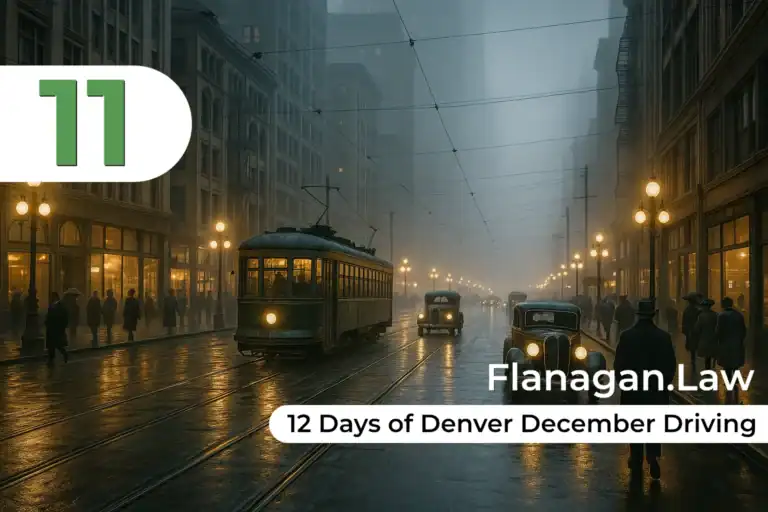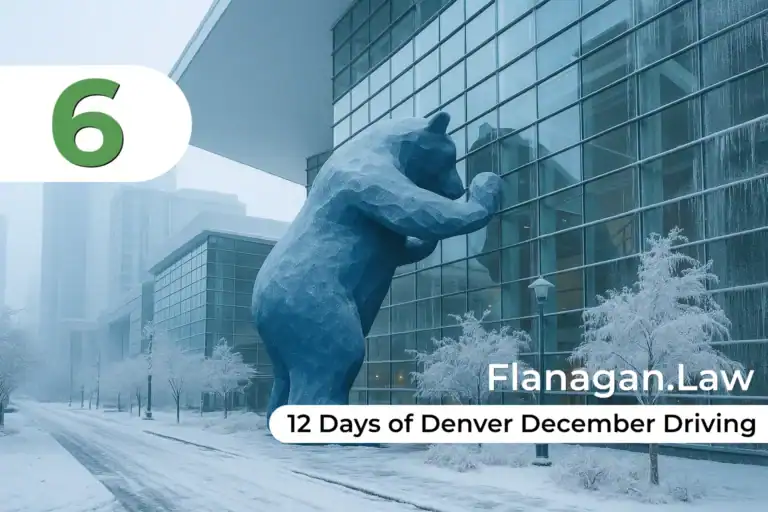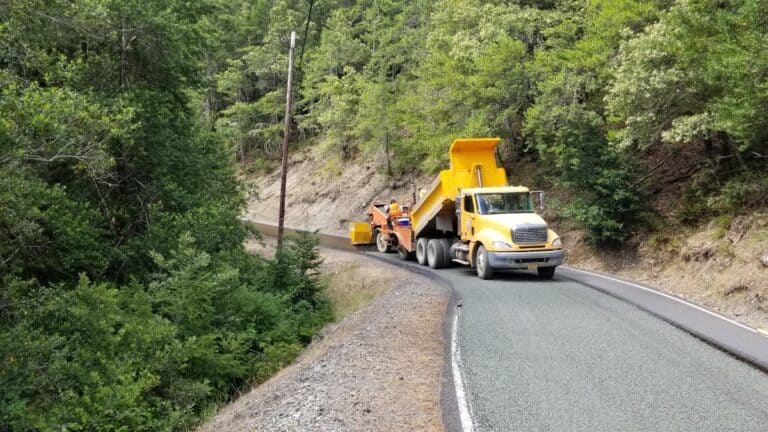Is It Legal to Record Conversations in Colorado Without Consent?

The topic of recording conversations comes with important legal nuances, especially for those navigating personal or business matters in Colorado. Whether you’re dealing with workplace interactions, private conversations, or calls related to insurance and financial disputes, understanding the legality of recording can protect you from potential legal repercussions. This article will outline what you need to know about Colorado’s laws on recording conversations and how these rules can impact various scenarios, from informal chats to formal agreements.
Colorado’s One-Party Consent Law Explained
1. What Is One-Party Consent?
Colorado is a one-party consent state, which means that, under Colorado law, only one person involved in a conversation needs to consent to the recording. If you are participating in the conversation, you can legally record it without informing the other party. This differs from all-party consent states, where everyone involved must agree to the recording.
2. Legal Implications of Recording Without Consent
Recording a conversation that you are not a part of—or without at least one participant’s consent—can lead to serious legal consequences. Unauthorized recordings may violate Colorado’s eavesdropping laws, which are considered a felony. It is vital to understand that these rules apply whether the recording is done in person, over the phone, or through digital means.
When and Where You Can Legally Record Conversations
1. Personal Conversations
If you are participating in a conversation in Commerce City or any other part of Colorado, you have the legal right to record without notifying the other participants. This can be useful in situations such as personal disputes or verbal agreements where having a record might help clarify what was said.
2. Business and Professional Settings
For business owners and professionals in cities like Denver and Aurora, recording meetings or phone calls may be permissible if you are one of the participants. However, caution is advised. While recording can provide a safeguard during disputes, transparency often builds trust. It’s wise to inform parties involved when possible to maintain professional relationships.
Special Cases: When Consent Matters Most
1. Public Spaces and Conversations
In public areas, conversations that are not considered private can sometimes be recorded without any party’s consent. However, if a conversation has an expectation of privacy, even in a public space, recording without consent could be deemed illegal.
2. Cross-State Recordings
If you are based in Colorado but are communicating with someone in a different state, be aware that their state laws may differ. Some states, such as California, require all parties to consent. Therefore, it’s essential to check the laws of the state in question before proceeding with any recording.
Potential Benefits and Risks of Recording Conversations
1. Benefits of Recording
Recording conversations can be advantageous in legal, business, or insurance contexts. For instance, an individual in Westminster who has a verbal agreement with a contractor or business associate may want to record the conversation to avoid future disputes. Having a recording ensures that there is a clear record of what was said, which can be invaluable in cases of miscommunication or disagreements.
2. Risks and Legal Challenges
Despite the potential benefits, unauthorized recordings can lead to strained relationships and even lawsuits if the other party discovers the recording and feels their privacy has been violated. In Broomfield, for instance, a business may face reputational damage if an employee feels uncomfortable with undisclosed recordings, even if they are technically legal.
Practical Steps to Ensure Compliance
1. Always Know the Law
Before recording, familiarize yourself with the current legal standards in both Colorado and any other relevant states. Staying informed can help avoid legal pitfalls.
2. Inform When Possible
While it’s not required by law, informing the other party that you are recording the conversation can foster transparency and trust. This approach can be especially useful in personal and professional relationships where maintaining goodwill is important.
3. Consult with an Attorney
If you are unsure about the legality of recording a specific conversation, consulting with an attorney can provide clarity. Experienced legal professionals, such as those at flanagan.law, can guide you through the intricacies of Colorado’s recording laws and help you navigate any potential challenges.
Conclusion
Recording conversations can be a practical tool for personal, professional, and legal reasons, but it’s essential to understand Colorado’s one-party consent law and its implications. By knowing when you are legally permitted to record and when you should refrain, you can protect your interests while staying compliant with state regulations. For those who frequently engage in cross-state communications, taking the time to research and adhere to the relevant laws can prevent unnecessary legal complications.
FAQ
1. Can I record a phone call if I’m in Colorado but the other person is out of state?
Yes, but you need to ensure that the other state’s laws allow one-party consent. Otherwise, you may need to obtain the other person’s consent to record legally.
2. What happens if I record a conversation without consent and it’s discovered?
If you record without consent in a situation that violates state or federal law, you could face legal consequences, including fines or criminal charges.
3. Can my employer legally record conversations without informing me?
Employers can record conversations as long as they are a participant or have consent from one participant. However, transparency is typically encouraged in professional settings.
4. Is it legal to record video with audio in public spaces?
Recording video in public spaces is usually allowed, but audio recording may require consent if the conversation is private.
5. Are there exceptions for law enforcement or government officials?
Yes, law enforcement may have different rules under certain circumstances, such as during official investigations, which often require warrants or special permissions.






